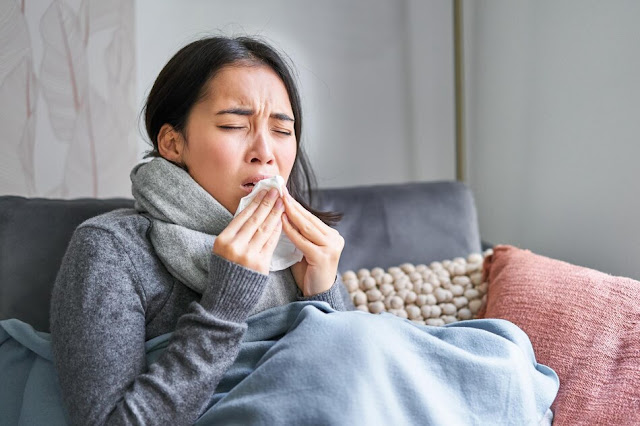How long do lungs take to heal after pneumonia?
Millions of people worldwide suffer from pneumonia, a respiratory illness that seriously compromises the health of the body, especially the lungs. "How long does it take for lungs to heal after pneumonia?" becomes a crucial question for people who are navigating the road to recovery. The goal of this blog article is to simplify the intricacies of this healing process by illuminating the variables that affect recovery times and providing guidance for a more seamless recovery.
The Recovery Timeline:
The amount of time it takes for the lung to heal after pneumonia is always changing and depends on a number of variables. Severe cases require a longer recovery period, although mild ones may clear up in a few weeks. The rate of recovery is influenced by the patient's age, general health, and the promptness of medical intervention.
Initial Phase of Pneumonia:
With medical attention, symptoms of pneumonia, including fever, coughing, and dyspnea, start to go away during the acute phase. If recommended, antibiotics work against the illness and help the immune system take back control. But the healing process doesn't finish with the acute phase; symptoms and aftereffects frequently continue.
Long-term Effects and Residual Symptoms:
Even after the initial phase, lingering symptoms are frequently experienced. These symptoms include a persistent cough, exhaustion, and decreased activity tolerance. The lungs need time to heal injured tissues and return to their best capacity, so healing requires patience and a comprehensive strategy.
Factors Affecting Healing:
A number of factors affect how long it takes for lung healing following pneumonia:
1. General Well-Being:
Recuperation times may be prolonged by pre-existing medical disorders or weakened immune systems.Maintaining proper hydration and nutrient levels is essential for assisting the body's healing processes.
2. Age:
The immune systems of children and the elderly differ, therefore their recuperation may take longer.
3. Early Medical Intervention:
The influence of early diagnosis and adequate medical intervention on recovery speed is substantial.
4. Lifestyle Decisions:
Reducing pollution exposure and quitting smoking both hasten the healing process.
5. Continuation Care:
Follow-up appointments and routine examinations keep an eye on development and handle any potential issues.
Rehabilitation Strategies:
Involvement in the healing process might hasten the process of recovery. Respiratory exercises, pulmonary rehabilitation programs, and progressive physical activity are examples of rehabilitation tactics. These initiatives help to improve general health and lung function.
Conclusion
In summary, recuperation from pneumonia is a complex process that goes beyond the initial acute infection. A proactive attitude to health, when combined with medical assistance, can accelerate the healing process, however, the exact period varies. The path to complete lung healing following pneumonia requires persistence, compliance with recommended therapies, and an emphasis on general well-being. Knowing what influences healing gives people the ability to follow their own recovery route with resilience and well-informed decision-making.



Comments
Post a Comment